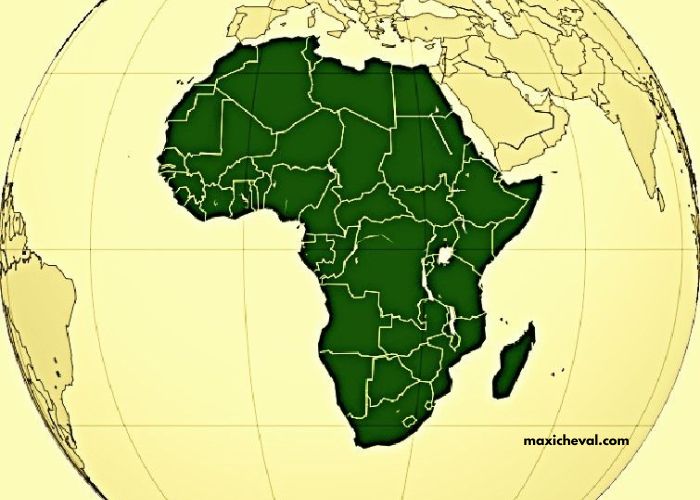The FIFA World Cup, often referred to as the “Coupe du Monde” in French, stands as one of the most anticipated and celebrated events in the world of sports. Every four years, nations from around the globe come together to compete for football’s ultimate prize, igniting a frenzy of excitement, passion, and national pride. In this article, we delve into the rich history, cultural significance, and enduring legacy of the World Cup, exploring its impact on the world stage and its enduring allure for fans worldwide.
Origins and Evolution
The origins of the World Cup can be traced back to the early 20th century when football began to gain popularity as a global sport. The inaugural FIFA World Cup took place in 1930 in Uruguay, with just 13 teams participating in the tournament. Since then, the World Cup has grown exponentially in size and scope, evolving into a multi-week extravaganza that captivates audiences across continents.
Cultural Significance
Beyond its status as a sporting event, the World Cup holds immense cultural significance, serving as a unifying force that transcends borders, languages, and cultures. For participating nations, the World Cup represents an opportunity to showcase their talent on the world stage and celebrate their identity and heritage. For fans, the tournament fosters a sense of camaraderie and belonging, uniting people from diverse backgrounds in a shared passion for the beautiful game.
Global Impact
The World Cup’s global impact extends far beyond the confines of the football pitch, influencing everything from politics and economics to social dynamics and international relations. Host nations invest billions of dollars in infrastructure and hospitality, hoping to showcase their cities and culture to the world. Meanwhile, brands vie for coveted sponsorship deals and advertising slots, leveraging the tournament’s massive viewership to reach global audiences.
Enduring Legacy
Over the decades, the World Cup has left an indelible mark on the world of sports and popular culture, producing countless memorable moments and legendary players. From Diego Maradona’s “Hand of God” goal to Zinedine Zidane’s headbutt in the 2006 final, the tournament has provided a stage for triumph, heartbreak, and unforgettable drama. These iconic moments continue to resonate with fans and shape the tournament’s enduring legacy.
Technology and Innovation
As technology continues to advance, the World Cup has embraced innovation to enhance the fan experience and elevate the quality of the tournament. From high-definition broadcasts and goal-line technology to virtual reality experiences and social media engagement, the tournament has evolved to meet the changing expectations of modern audiences, ensuring that fans can immerse themselves in the action like never before.
Looking Ahead
As we look ahead to future editions of the World Cup, the excitement and anticipation only continue to grow. With Qatar set to host the tournament in 2022, followed by the joint hosting by Canada, Mexico, and the United States in 2026, the stage is set for football’s greatest spectacle to captivate the world once again. Whether you’re a die-hard fan or a casual observer, the World Cup promises to deliver moments of magic, drama, and sporting excellence that will be remembered for generations to come.
Conclusion
In conclusion, the World Cup, or “Coupe du Monde,” stands as a testament to the power of sport to unite and inspire people around the world. From its humble beginnings to its current status as a global phenomenon, the tournament embodies the values of teamwork, competition, and fair play, transcending barriers and bringing people together in celebration of the beautiful game. As we eagerly await the next chapter in the World Cup’s storied history, let us revel in the memories and anticipation that make football’s greatest spectacle truly unforgettable.




